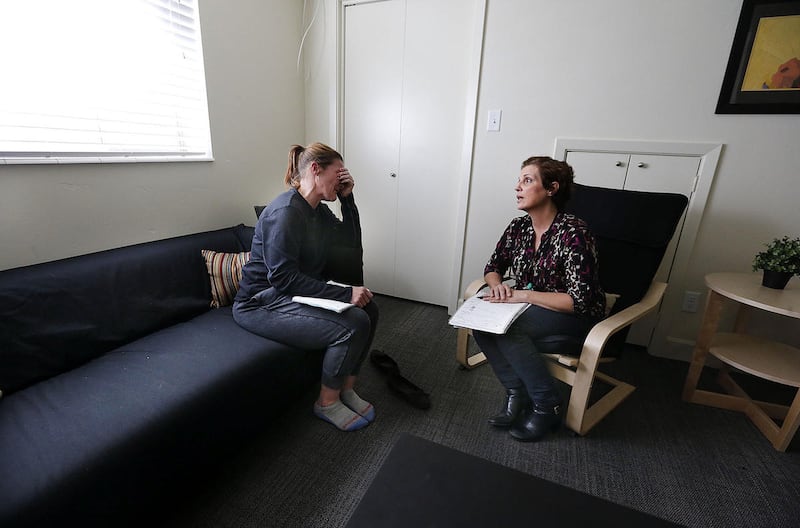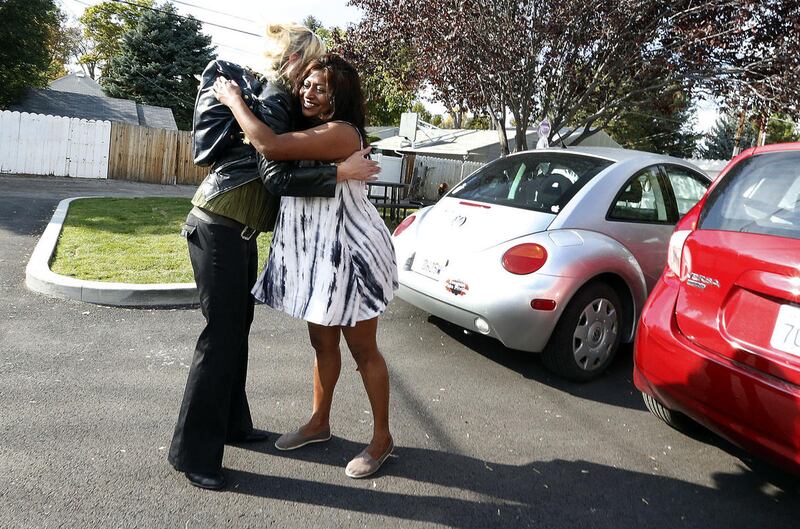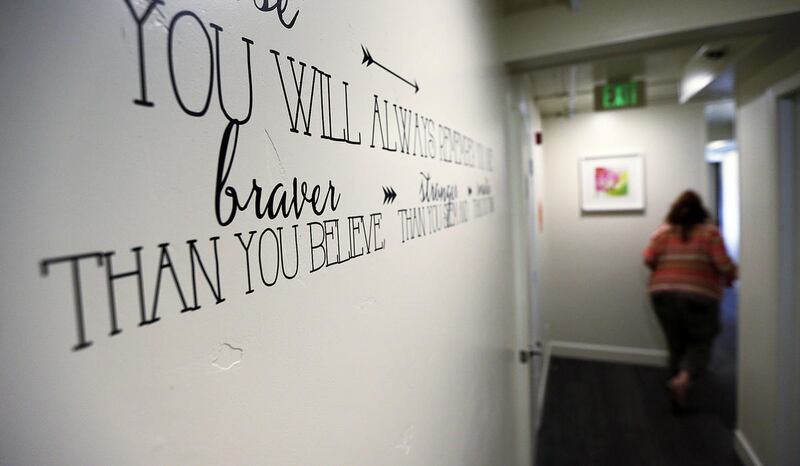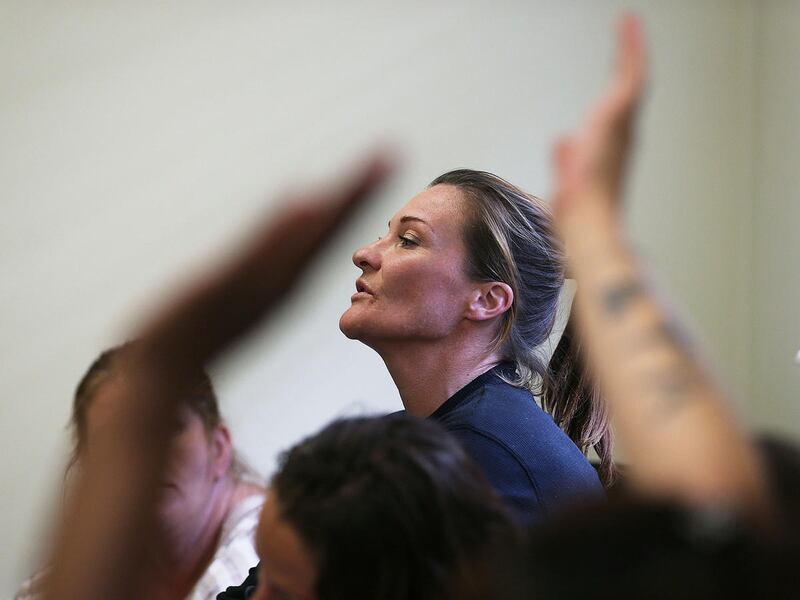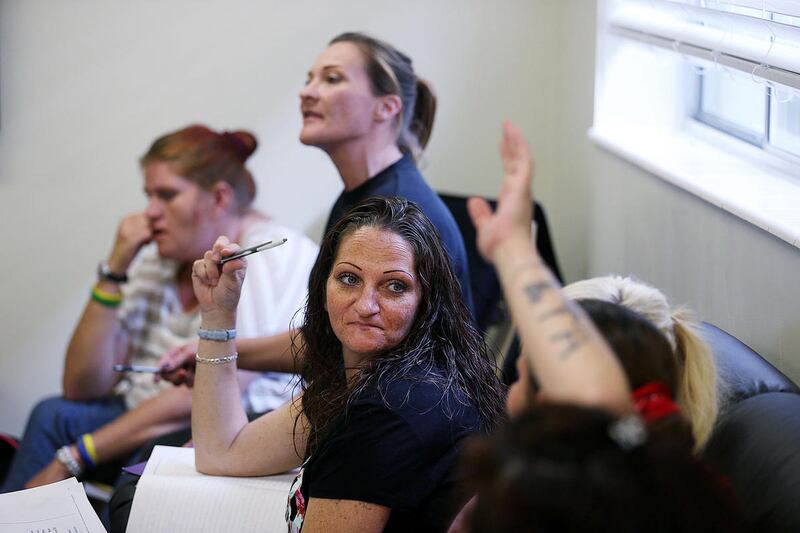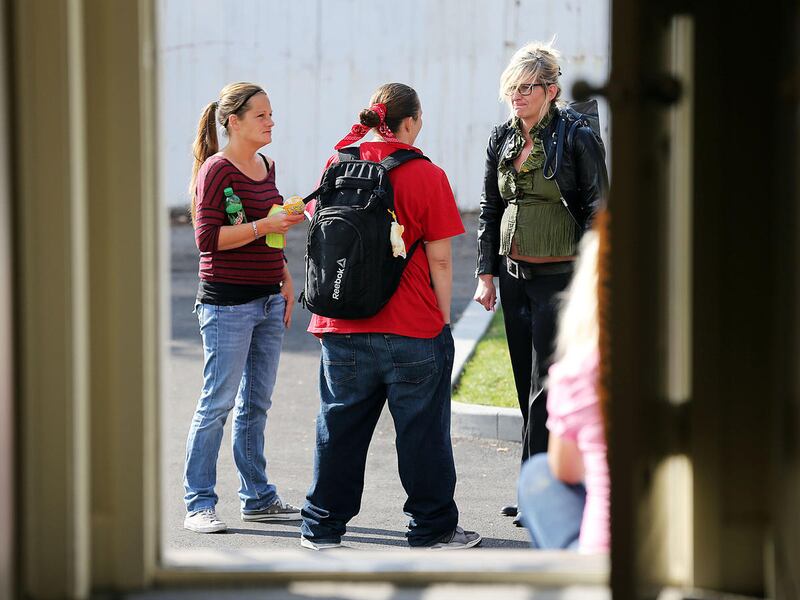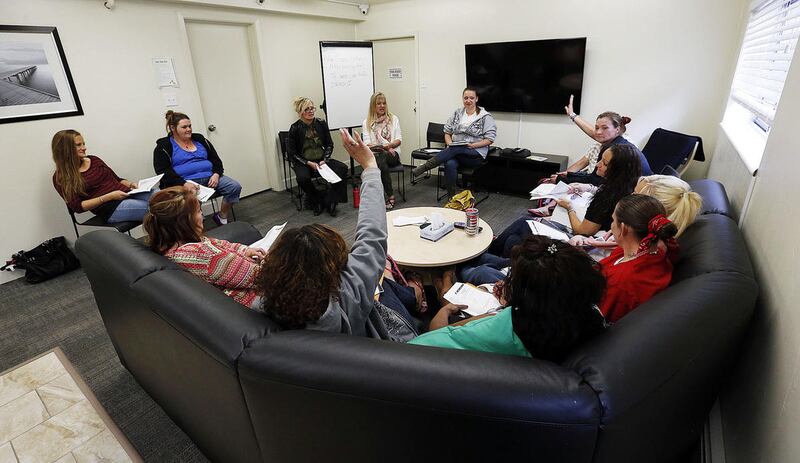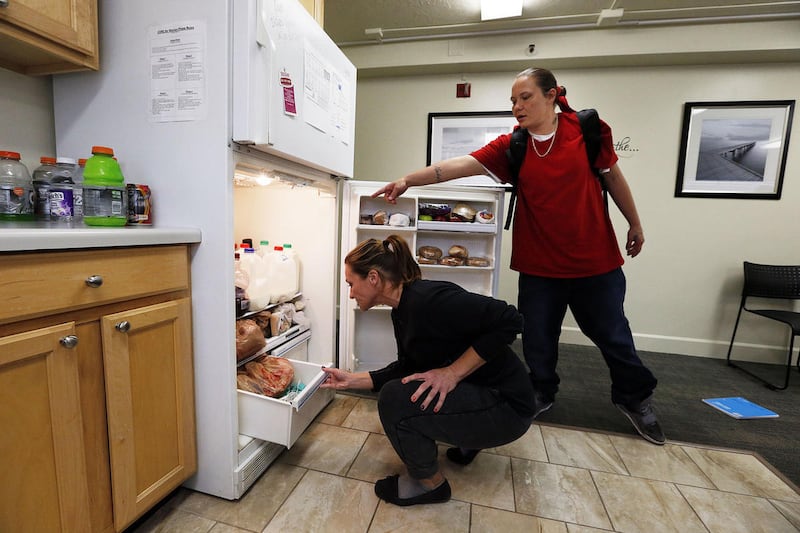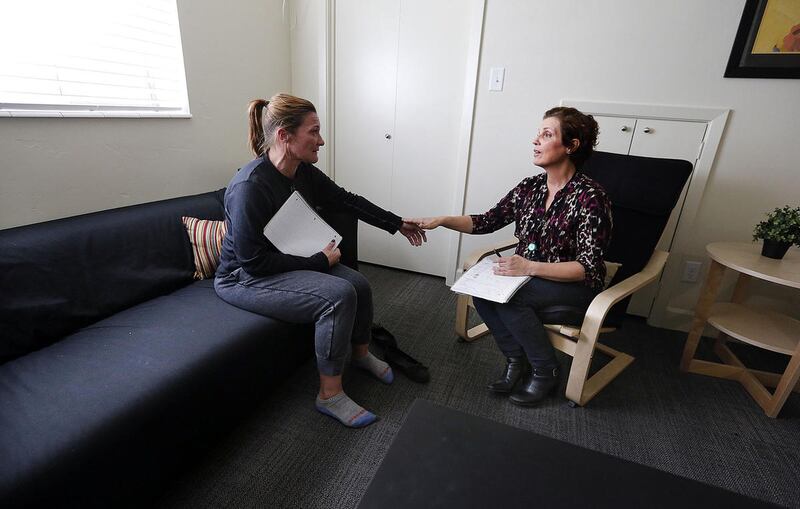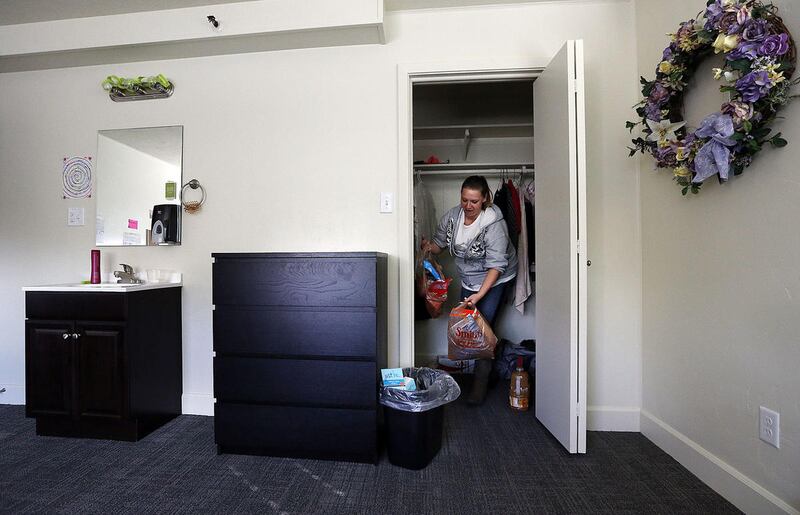SALT LAKE CITY — In efforts to reinvent the county's criminal justice system, Salt Lake County Mayor Ben McAdams proposed "challenging" changes in the county's $1.1 billion budget, eliciting both boos and applause from an audience of county employees Tuesday.
"We cannot afford, financially, to continue funding business as usual and also fund the changes that will chart our new course for the future," McAdams said. "We must make tough decisions."
The county's projected revenue growth for 2016 has flatlined at $8 million, and yet it's a year that the county must prioritize its "broken" criminal justice system, the mayor said.
McAdams proposes to extend the life of a property tax originally imposed in 1995 and use the tax's $9.4 million annual revenue to overhaul the county's approach to criminal justice.
The mayor also wants to set aside $18 million over the next three years to pay for three "Pay for Success" programs, initiatives to lower jail recidivism and homelessness.
"For 30 years, we've been going down the road of one-size-fits-all punishment," McAdams said. "In return, we got the highest rate of incarceration of any industrialized country in the world. No matter how far down the wrong road you have gone, turn back. … With this budget, I'm saying, 'Let's turn back.'"
Over the next month, the Salt Lake County Council will comb through the mayor's budget before finalizing it in December. Council Chairman Richard Snelgrove, a Republican, said he has big concerns about continuing the property tax that should expire at the end of the year.
If the levy is not continued, it would save the average Salt Lake County home about $18 per year, according to Darrin Casper, the county's chief financial officer.
"The public's ability to pay is finite, especially in a year with so many other tax increases," Snelgrove said. "What I'm hearing is taxpayers have no more money to give. So to fund these pressing needs, we've got to see where we can nip, tuck and tweak. That's the gymnastics we're going to have to do over the next month."
McAdams said the county is especially challenged this year because the Utah Legislature moved ahead on plans to build a new prison and shift criminals from state prisons to county jails through penalty reductions, even though it failed to approve Medicaid expansion, which would fund mental health and addiction treatment programs needed to break inmate recidivism cycles.
"Without a plan to provide health care and behavioral health treatment to Utah's neediest residents, the data underlying the fundamental assumptions and decisions justifying the prison relocation is flawed," the mayor said. "The three-legged stool of justice reinvestment, prison relocation and Medicaid expansion is tipping over."
The mayor's criminal justice reinvestment plans also includes an additional $1.9 million for the sheriff's office, $900,000 for the district attorney's office, and $820,000 for the Legal Defender's Association to handle an anticipated 20 percent increase in caseload.
After the county pays off its Pay for Success programs in 2019, $6 million will go to provide more beds for the county jail and fund construction of a Community Corrections Center, a secure treatment facility, the mayor said.
"This is a budget that responds to what the 1.1 million residents of Salt Lake County expect and deserve: a county government that steps up to the plate and confronts a serious criminal justice challenge," McAdams said.
The audience of county employees applauded the mayor's plans for criminal justice reform, but a handful booed when he proposed to eliminate the county's annual 3 percent contribution to retirement accounts of employees who began working for the county before July 2011, representing about three-fourths of the county's 3,000-person workforce.
To balance that cut, McAdams also proposed a 2.5 percent salary increase. He said he decided to do so after a workforce compensation study conducted earlier this year showed county salaries were marginally low and retirement benefits high compared with other workforces.
About $34 million in funding requests from various county departments were turned away, McAdams said. That consisted of about $19.9 in across-the-board reductions, and $743,000 in program eliminations.
Impacts included cuts in volunteer services, closure of the county's Community Access to Technology labs, and a restructuring of management in the parks and recreation department, resulting in the reassignment of three regional managers.
Email: kmckellar@deseretnews.com
Twitter: KatieMcKellar1

